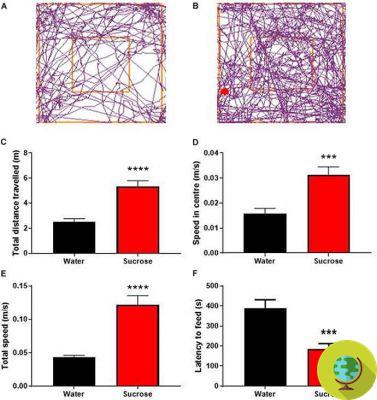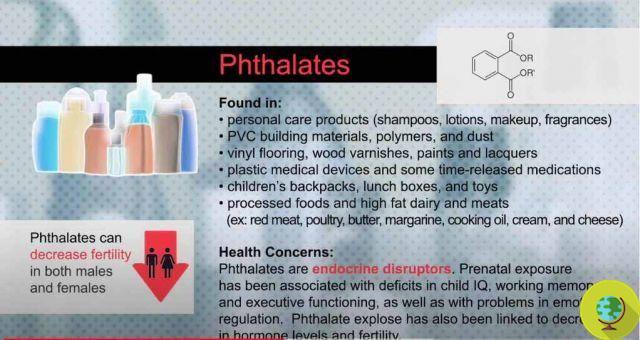Too much sugar as a child increases the adult risk of suffering from obesity, cognitive impairment and attention deficit
Don't store avocado like this: it's dangerousA new study suggests that excessive sugar consumption in childhood may pose an immediate threat to development.
We should not abuse sugar, or sweets or other foods that contain it, as this substance, in the long term, can lead to various health problems, as already highlighted by previous studies. Now a search has discovered new side effects on children.
Eating a diet that contains large amounts of sugar in childhood increases the risk of obesity, cognitive impairment and attention deficit as an adult. These are the results of a new study from Queensland University of Technology (QUT).
The new study, published in Frontiers in Neuroscience, was conducted on an animal model. The results showed that when mice were given a much lower daily dose of sucrose there was a reduced risk of sugar-induced weight gain. Conversely, when the dose was too high (4 times higher) a number of problems arose. Not only overweight and obesity, but also cognitive and attention disorders.
As QUT neuroscientist Selena Bartlett, lead author put it:
Our study found that long-term sugar consumption (a 12-week period with mice starting testing at five weeks of age) at a level that significantly increases weight gain, causes abnormal stimulation, and excessive nervous system in response to novelty. It also impairs both episodic and spatial memory. These findings are similar to those reported in attention deficit hyperactivity disorder.

@Frontiers in neuroscience
Of course, the results obtained will be confirmed with further human studies:
Human trials should be done, but (the research ed) suggests a link to long-term excessive sugar consumption, which begins at a young age, which most commonly occurs in the Western diet, and an increased risk of developing persistent hyperactivity and deficiency. neurocognitive in adulthood. (…) Taken together, these data suggest that sugar-induced obesity may participate in the development of the pathogenesis of ADHD-like symptoms in Western countries.
Indeed, as Professor Bartlett has also pointed out, many children, adolescents and adults in more than 60 countries around the world are on an excessively high sugar diet. This is more than 4 times the level recommended by the World Health Organization (100 grams instead of 25 g per person per day).
But there is an aspect that is still unclear, and will need to be further investigated, namely whether chronic excessive consumption of sucrose, starting from childhood, can have the same negative impact on our nervous system, emotions or cognition during adulthood on a par with addictive drugs.
Pending further confirmation, it is a good idea to limit the "dose" of sugar that our children consume to a minimum from today. This will undoubtedly have a number of positive effects. As Dr. Arnauld Belmer, co-author of the study stated:
Interestingly, our investigation found that reducing your daily sucrose intake by four times prevented sugar-induced weight gain, supporting the WHO recommendation to limit sugar intake. It could also limit other negative consequences, including hyperactivity and cognitive impairment.
Fonte: Queensland University of Technology / Frontiers in Neuroscience
Read also:
- Here's what happens to children's bodies on a 10-day sugar-free diet
- Food for children, a concentrate of sugars: WHO analyzes
- Refined sugar: 10 scientifically proven reasons to limit its consumption
- The incredible amount of sugar you take with these unsuspected and apparently healthier products

























